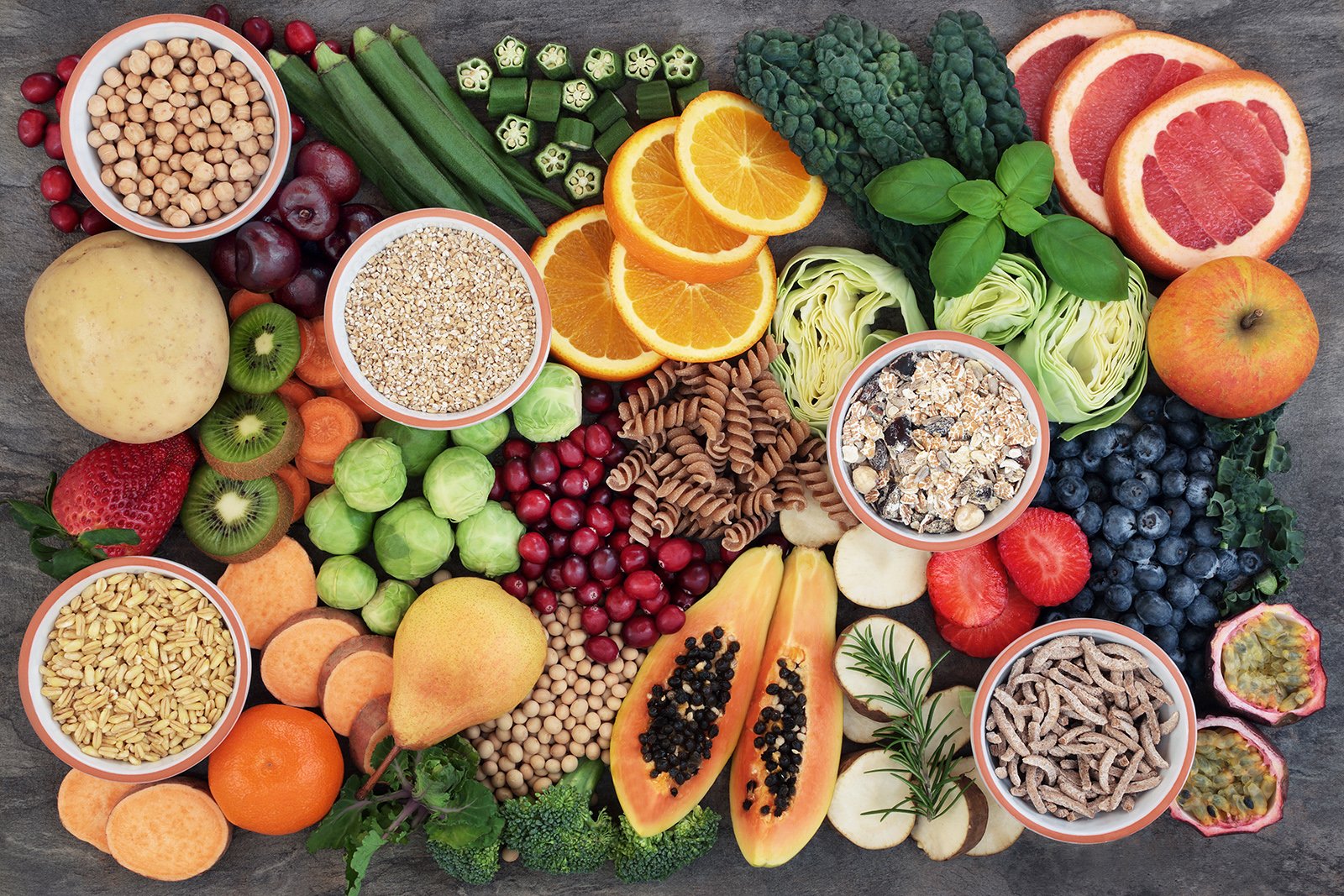
It's National Nutrition Month and to celebrate health through dietary patterns, I would like to discuss the importance of reducing added sugars and the management of diabetes. Maryland is ranked in the top 20 states for the highest rate of diabetes at 10.2%. Diabetes is a very progressive disease if not managed correctly and there are many related complications, including neuropathy leading to amputations, retinopathy leading to blindness, and nephropathy leading to kidney failure, among many others.
What is diabetes?
Two things must be balanced to manage diabetes: insulin and glucose, also known as sugar. Insulin allows the uptake of glucose into cells. When someone has diabetes, the body is not producing enough insulin or their cells are not responding to insulin, which then leads to glucose floating around in the blood, rather than being absorbed by the cells.
Those with diabetes or pre-diabetes should consult with a dietitian, such as myself, to create a personalized eating plan and assess lifestyle patterns, including food intake and physical activity levels. I recommend the following tips for tighter glycemic control:
Consume Fiber
Consuming carbohydrates with fiber (fruits, veggies, nuts, seeds, legumes, etc.) causes sugar to be absorbed slowly into the bloodstream, helping you feel fuller longer. If glucose is rapidly absorbed into the body, it could lead to a sugar crash, which is medically referred to as hypoglycemia. Balancing carbohydrates with fat and protein also helps to regulate blood sugar levels. Next time you reach for a banana, try adding a smear of peanut butter or have a hard-boiled egg on the side for a more complete snack and balanced blood sugars.
Increase Intake of Fruits and Vegetables
Fruits and veggies are packed with vitamins, nutrients, antioxidants. They are filling, provide important carbohydrates, and choosing a bowl of strawberries is better than a candy bar because of the fiber, water content, vitamins, minerals, and nutrients the fruit contains!
Reduce Added Sugars
In 2016 the FDA changed the nutrition label and one of the changes included the addition of added sugars under total carbohydrates. I could probably talk about added sugars for hours if someone was willing to listen, but I will keep this short and sweet (no pun intended).
The dietary guidelines recommend keeping less than 10% of your calories from added sugars. One of the biggest sources of added sugars is sugar-sweetened beverages, including soda, juice, energy drinks, sports drinks, and flavored coffee creamer. If you are slowly able to decrease your intake of sugar-sweetened beverages, this will largely improve your glycemic control and likely lead to weight loss. Even swapping out one beverage for flavored seltzer water can make a huge difference. Start small!
Control Portion Sizes
MyPlate has replaced the food pyramid on how to properly craft a meal. MyPlate recommends making half of your plate fruits and vegetables, a quarter of your plate protein, and a quarter of your plate grains and starches. Although you should not be depriving your body of the carbohydrates it needs, you should also make sure that indulgences only happen occasionally. A general rule of thumb is that a proper portion of starches or grains is the size of your fist.
Incorporate Physical Activity
Always consult with your healthcare provider to determine your limits for exercise. It is important to incorporate aerobic and anaerobic activity into your workout regimen. The more muscle mass an individual has, the less insulin resistance experienced, which will, in turn, help the body absorb sugar. A weight loss of just 5% can drastically improve your risk of diabetes.
If you have diabetes, are at risk for diabetes, or are interested in managing your weight and carbohydrate intake, please reach out to our Nutrition and Wellness Department. We offer 1-on-1 Registered Dietitian sessions and starting in April, we are launching an exciting new program specifically targeted for diabetes control.
My passion for food and health is obvious to all I encounter and I hope to spread the information and passion I have onto my clients. Please don’t hesitate to reach out, we are here to help.
Happy National Nutrition Month!
Tessa is Merritt Club’s Registered Dietitian. If you would like to schedule a session with Tessa, one of our Health Coaches, or would like additional information about our Wellness programs, please reach out to Sherri Lively at slively@merrittclubs.com.










